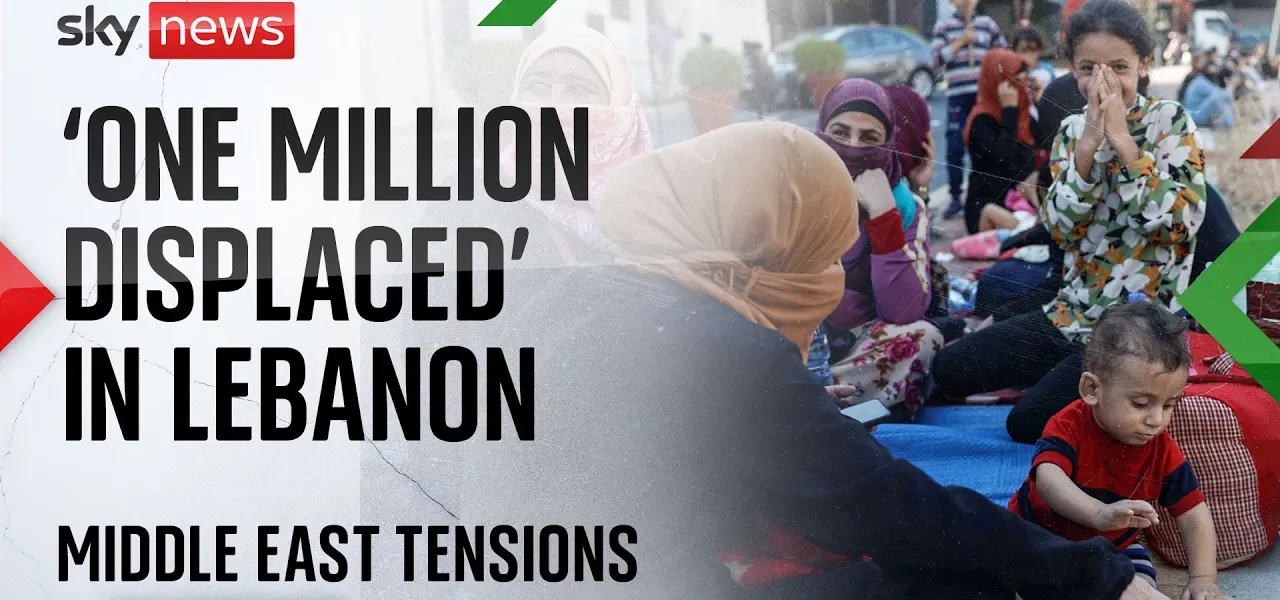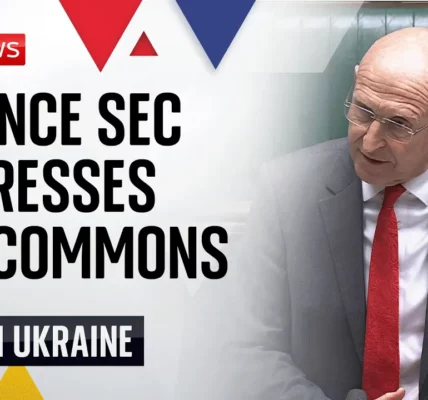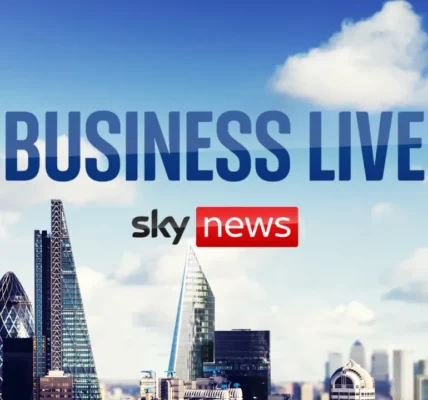The Destruction in Beirut’s Southern Suburbs

This article provides an in-depth look at the extensive destruction in Beirut’s southern suburbs, examining the military actions taken by Israeli forces, the humanitarian crisis, and the future of Hezbollah amidst these challenges.
Introduction
The recent conflict in Beirut’s southern suburbs has resulted in devastating destruction, with the assassination of key Hezbollah leaders and significant damage to the group’s command structure. As Israel continues its military operations, the humanitarian situation in Lebanon grows increasingly dire, leading to a massive displacement of civilians. This article explores these developments in detail, highlighting the ongoing challenges faced by the people of Lebanon and the implications for the region’s stability.
The Current Military Situation
The military landscape in Beirut has shifted dramatically in recent weeks. Israeli air strikes have targeted Hezbollah strongholds, leading to significant casualties and destruction. The following points outline the current state of military operations:
- Hezbollah’s leadership has been severely impacted, with the assassination of several key figures.
- Israeli forces have conducted extensive air strikes across southern Beirut, affecting civilian infrastructure.
- The Israeli military claims these strikes are aimed at dismantling Hezbollah’s military capabilities.
Humanitarian Crisis in Lebanon
The humanitarian impact of the ongoing conflict is profound, with an estimated one million people displaced or affected. The Lebanese Prime Minister has described this movement as unprecedented in the country’s history. Key aspects of the humanitarian crisis include:
Displacement of Civilians
Many families are fleeing their homes due to the ongoing violence, often finding themselves in dire situations:
- Families are living in makeshift shelters, lacking basic necessities.
- Many children, like baby Allah, are facing severe challenges in accessing food and healthcare.
- The emotional and psychological toll on displaced families is significant, with many expressing feelings of despair and hopelessness.
International Response
The Lebanese government is appealing for urgent international humanitarian aid, emphasizing the need for support as the crisis deepens. Specific calls for action include:
- Immediate provision of food and medical supplies to affected areas.
- Support for organizations working to assist displaced families.
- Facilitation of safe zones for civilians fleeing conflict zones.
The Future of Hezbollah
As Hezbollah faces significant challenges, including leadership changes and military losses, the group’s response will be crucial for its future. The likely successor to leadership is Hasham Safadin, who has been vocal about the group’s resilience. Key points regarding Hezbollah’s future include:
Leadership Transition
With the loss of prominent leaders, Hezbollah must navigate a leadership transition effectively. Safadin’s recent speeches indicate a determination to maintain morale among supporters.
Reorganization Efforts
Hezbollah is currently scrambling to reorganize its command structure amidst ongoing air strikes, which involves:
- Strengthening internal communication channels.
- Recruiting and training new members to fill gaps left by casualties.
- Increased cooperation with allied groups in the region.
International Implications
The conflict in Beirut has implications that extend beyond Lebanon’s borders. As regional dynamics shift, several international factors are at play:
Global Reactions
World leaders have expressed concerns regarding the escalation of violence. The Pope, for instance, emphasized the need for proportionality in military responses. Reactions include:
- Calls for ceasefire negotiations to prevent further civilian casualties.
- Increased scrutiny on Israel’s military tactics and their impact on civilian populations.
Potential for Escalation
With Iranian support for Hezbollah and ongoing Israeli operations, there is a significant risk of broader conflict:
- Military operations may extend beyond Lebanon, potentially involving other regional actors.
- Heightened tensions could lead to a wider war, affecting global stability.
Conclusion
The situation in Beirut’s southern suburbs remains critical as military operations continue and the humanitarian crisis deepens. The future of Hezbollah and the stability of Lebanon hang in the balance. It is imperative for the international community to respond with urgency to alleviate the suffering of civilians and to seek a diplomatic resolution to the conflict. For ongoing updates and insights into the situation, please explore our related articles on the Middle Eastern conflict and humanitarian efforts.
“`




